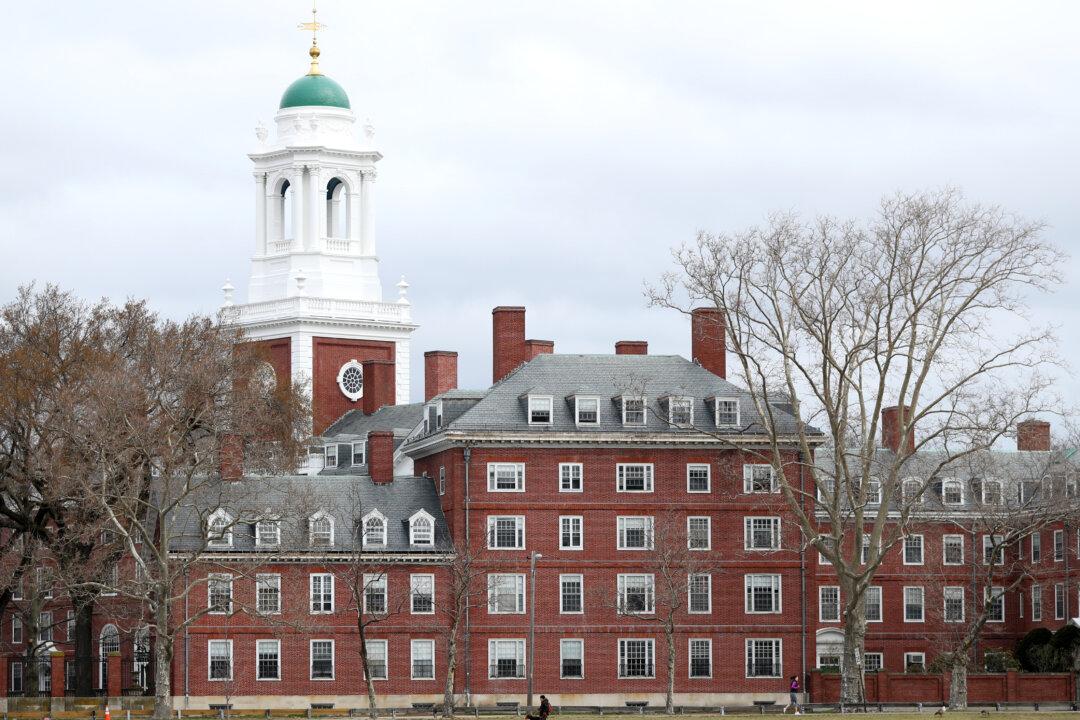Harvard University this year received about 3,000 fewer undergraduate applications than last year, a modest drop that follows months of turbulence on the Ivy League school campus.
The prestigious Massachusetts school received 54,008 applications for the incoming freshman class, representing just over a 5 percent decline in applicants overall. Still, the university said this year marked the fourth in a row for which more than 50,000 students applied.





